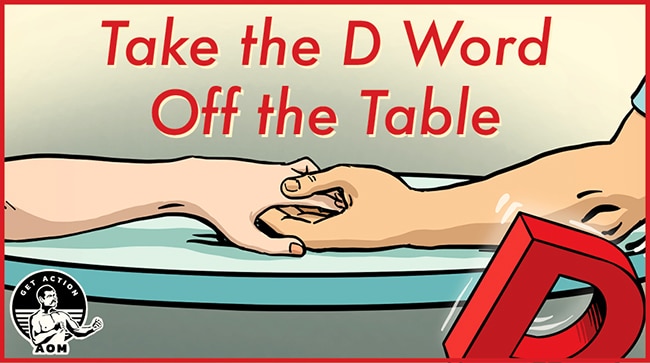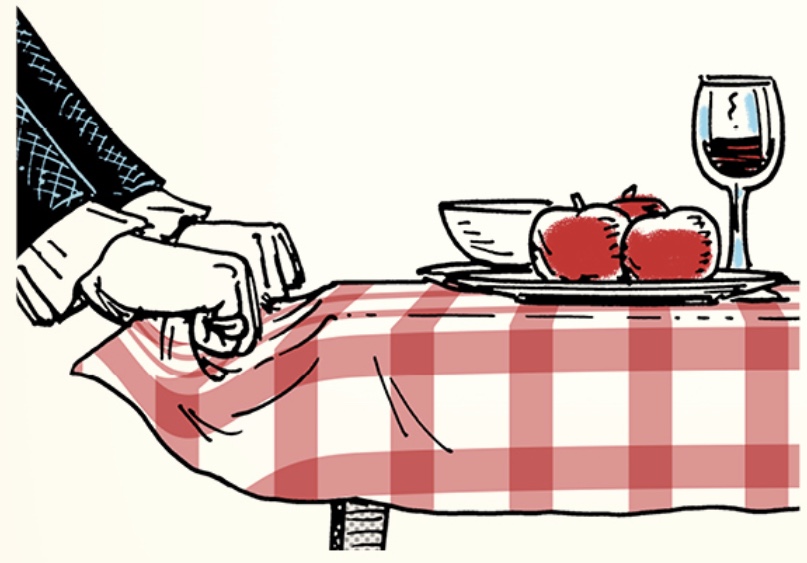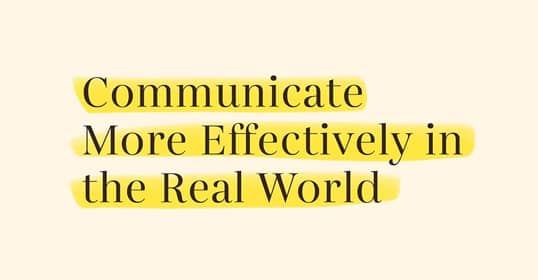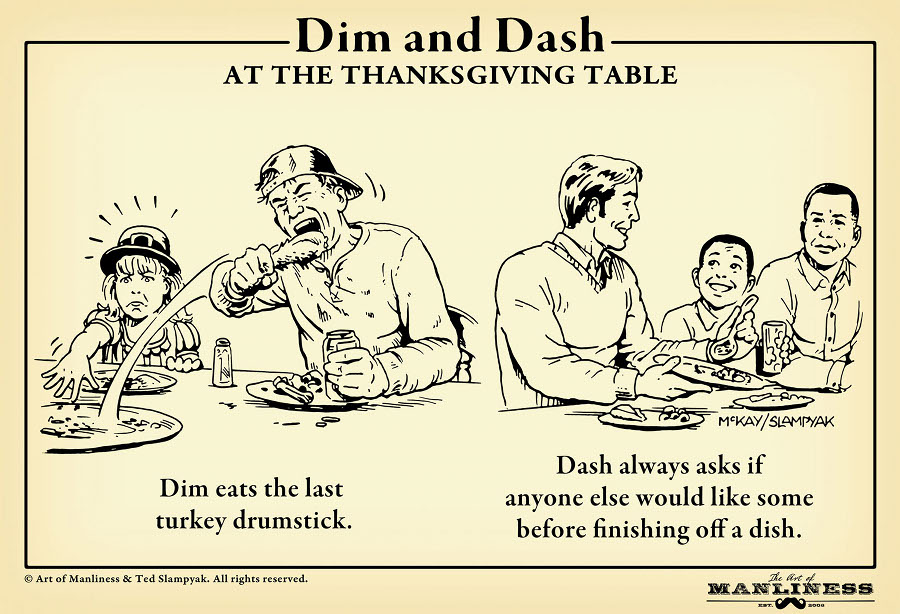
In a famous study done a couple of decades ago, researchers wanted to see whether the “proximity and salience of a food” influenced how much of it was consumed. Jars were filled with candy and placed in an office. Some of them were put directly on workers’ desks; others were placed six feet away from them. Some of the containers were opaque; others were transparent. When the study’s results were tallied, it was found that people reached into the jars more often when the candy was visible, and especially when the jars were close at hand.
It seems as though the more often you’re presented with an option, the more you think about it, and the more you think about an option, the more likely you are to exercise it.
This dynamic likely extends beyond food consumption. Maybe even to marriage.
When the sociologist Brad Wilcox came on the podcast to talk about the extensive research he’s done on marriage, he discussed some of the habits and qualities shared by the happiest and most thriving couples. One of them, he said, is a strong commitment that manifests itself in “not putting the D word in a conversation when you’re having an argument or there’s some problem in your marriage.” Thriving couples don’t think of divorce as an option.
In his book Get Married, Wilcox notes that “In the State of Our Unions Survey, husbands and wives who reported that ‘marriage is for life—unless there is abuse or adultery’ were more likely to say that they were significantly satisfied (‘very happy’) in their marriages, compared to those husbands and wives who said that ‘Marriage is for as long as you feel fulfilled.’”
Wilcox notes that these results may be correlative rather than causal, “given that men and women in happier marriages may be more likely to embrace an ethic of martial permanence due to the higher quality of their marriages.” But he cites other research that has found similar results when couples are not only asked about the state of their marriage at the moment but are tracked over time.
When a couple’s expectation is that marriage is forever, it influences how they interact, especially when inevitable tensions arise. As Wilcox noted on the podcast, “Most couples have problems at some point in their marriage, and I think couples who just keep divorce out of the picture are more readily able to handle those challenges and overcome them.”
The more often the option of divorce is raised during arguments, the more salient it becomes, increasing the likelihood that the option may one day be exercised. And raising the specter of divorce simply makes the interaction more fraught. It prompts questions like: “Are we incompatible?” “Is this unraveling?” “Can we go on?” If there’s an escape hatch lurking in the background, a feeling that this whole thing could potentially be temporary, then there’s less of an impulse to dig in and solve the problem at hand.
If, on the other hand, a couple never puts the divorce option on the table, while their arguments may get heated, there are no stakes; the couple may grapple in intense ways, but the fight doesn’t feel existentially threatening. Because each spouse knows that they’re committed to making the marriage last, it creates a sense of security and prompts the partners towards a problem-solving approach. They think, “Ok, this is hard, but we’re going to have to figure it out.”
Couples sometimes say that their irreconcilable differences made divorce the only option. But their differences may have become irreconcilable because divorce was made an option.
There isn’t something magical or superstitious in making divorce “the thing that shall not be named,” as in the idiom, “Speak of the wolf and he is at your door.” Not raising divorce as an option won’t guarantee an enduring and happy marriage. But when the practice is indicative of one’s underlying stance towards the relationship, a rock-solid commitment to making your marriage last, it’s something that helps give you the best possible shot at doing just that.
For more insights on the qualities of thriving marriages, listen to this podcast episode with Brad Wilcox:






